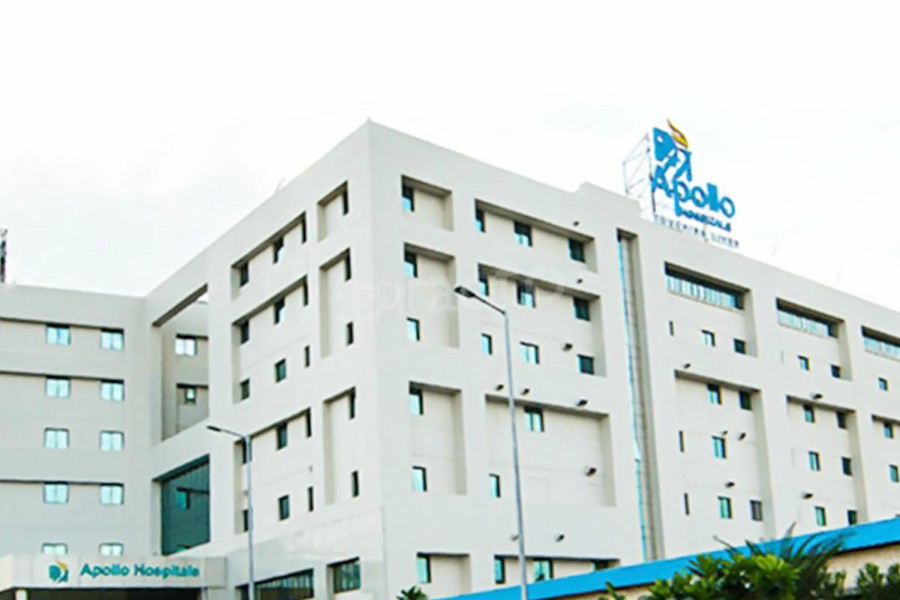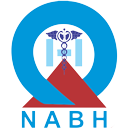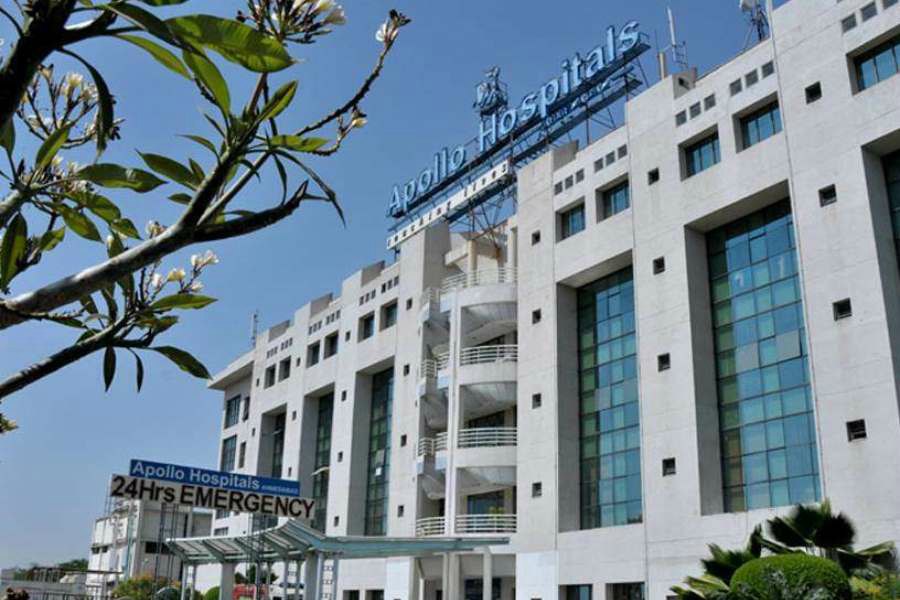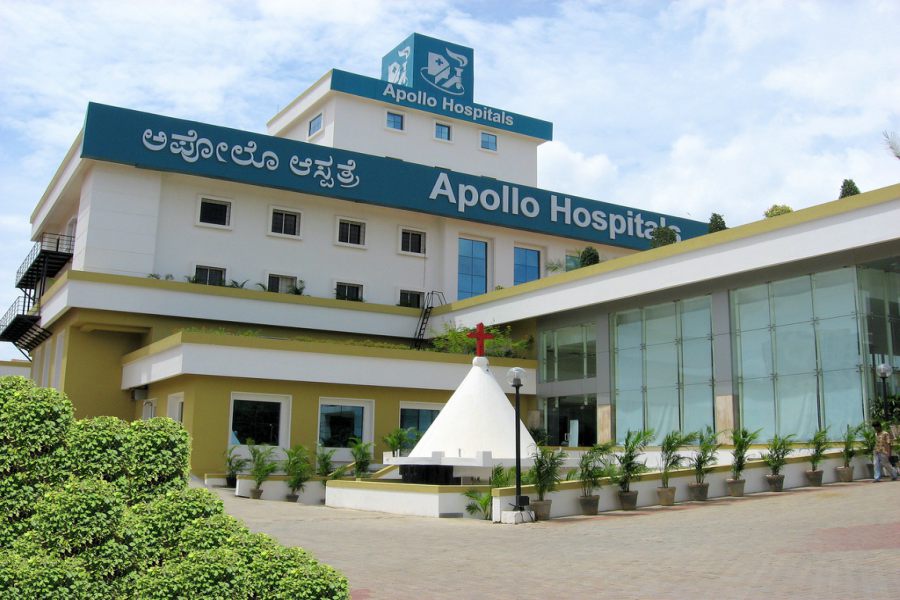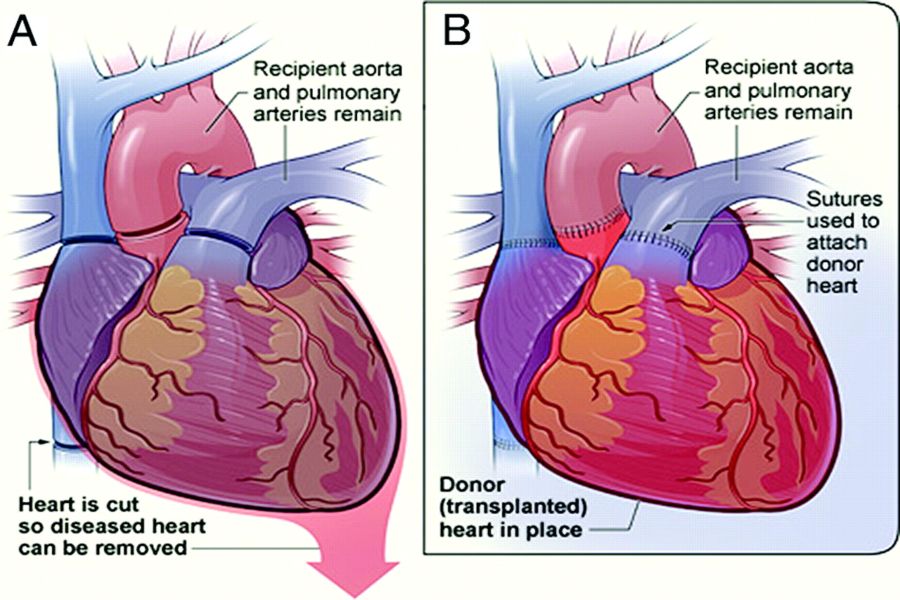
Overview
Can you imagine living without a heart?
Heart is the most important organ in the human body. It pumps blood throughout the body, which supplies oxygen and nutrients to the tissue and removes waste and carbon dioxide. Any heart disease can be dangerous and sometimes life-threatening.
A heart transplant is a life-saving surgical procedure for patients with end-stage heart failure. It allows such patients to live with a normal heart again. In this surgery, a person's diseased heart is replaced with a healthy heart of a deceased person
ELIGIBILITY
A heart transplant can be done in patients who have not benefited from other treatments or surgeries for heart diseases, leading to end-stage heart failure. But, a heart transplant cannot be done if a person:
- Is at an advanced age (more than 70 years) and would have difficulty in recovering from transplant surgery
- Has other medical conditions like serious kidney, lung or liver diseases that may shorten the life span even after heart transplantation
- Has a recent medical history of cancer
- Has an active infection in the whole body
- Is unwilling to follow lifestyle modifications like to stop smoking and drinking that are necessary for keeping the heart healthy
- Has poor circulation throughout the body
- Has pulmonary hypertension
- Has diabetes with end-stage organ damage
PREPARATION BEFORE PROCEDURE
A heart transplant is a major surgery. Thus, the preparation starts weeks, months or years before you receive a donor's heart. A complete evaluation is done to decide whether you are fit for the heart transplantation. During the evaluation, physical examination and some tests like imaging tests, blood tests, dental exam and pulmonary function tests are done. The mental and emotional health is also evaluated. The doctor will also check whether the person is:
- Having a heart condition that would benefit from the heart transplant
- Healthy enough to undergo surgery and post-transplant treatment
- Ready to make lifestyle modifications
- Can wait for the donor's heart
- Having a support network of friends and family to cope up with the stress
- Blood tests are done to find a good donor match and decrease the risk of rejection. Several vaccines will be given to you in order to decrease the risk of infection that may affect the transplanted heart.
Once you are declared fit for a heart transplant, you will be added on the United Network Organ Sharing (UNOS) List. When the donor's heart is available, the patients are selected based on the severity of the condition, blood type and body size.
ABOUT PROCEDURE
The moment you come to know that the heart is available, and you will have a heart transplant surgery, stop eating or drinking anything. Then you may receive sedative drugs to make you relax during the procedure.
During the procedure
It is an open-heart surgery that is performed under the effect of general anaesthesia. An incision is made in the chest, the chest bone is separated, and the rib cage is opened. The arteries are detached from the heart and connected to a heart-lung bypass machine that maintains the circulation of oxygen-rich blood in the body.
Then the diseased heart is removed, and the donor's heart is placed and sewed into its place. The major arteries are then reattached to the donor's heart, and once the blood flow is restored, the donor's heart starts beating. In some cases, electric shock is given to make the donor's heartbeat correctly.
After completing the procedure, the incision is closed.
POST-PROCEDURE CARE
You will be kept on the ventilator to help with breathing, and a tube will be placed in the chest to drain fluids from the area around the lungs and heart. You will be kept in the ICU for a few days. The food and medications will be given through the intravenous tubes. Some pain killers will be given to relieve pain after the surgery.
You may be discharged after a week or two. After getting discharged, you will be closely monitored for the first three months. You will be evaluated for detecting any signs of rejection like fever, fatigue, weight gain, not urinating, or shortness of breath.
You will be regularly called for follow-up. In the follow-up visits, some tests like blood tests, electrocardiograms, echocardiograms and heart biopsies will be performed to evaluate the condition.
RECOVERY TIPS
The following measures may aid in maintaining the heart and its functioning:
- Keep the surgical area clean and dry
- Take the prescribed immunosuppressants. These medications weaken the immune system and prevent it from attacking the donated heart.
- Take all the medications prescribed by the doctors properly
- Follow the lifestyle guidelines given by the doctors (avoid consumption tobacco products, eat a healthy diet, be protected from getting an infection, exercise regularly, etc.)
- Do not miss the follow-up appointments
- Attend the cardiac rehabilitation program to learn about exercises and measures to improve overall health after the surgery
- Avoid feeling overstressed or overwhelmed


 Best Hospitals
Best Hospitals
